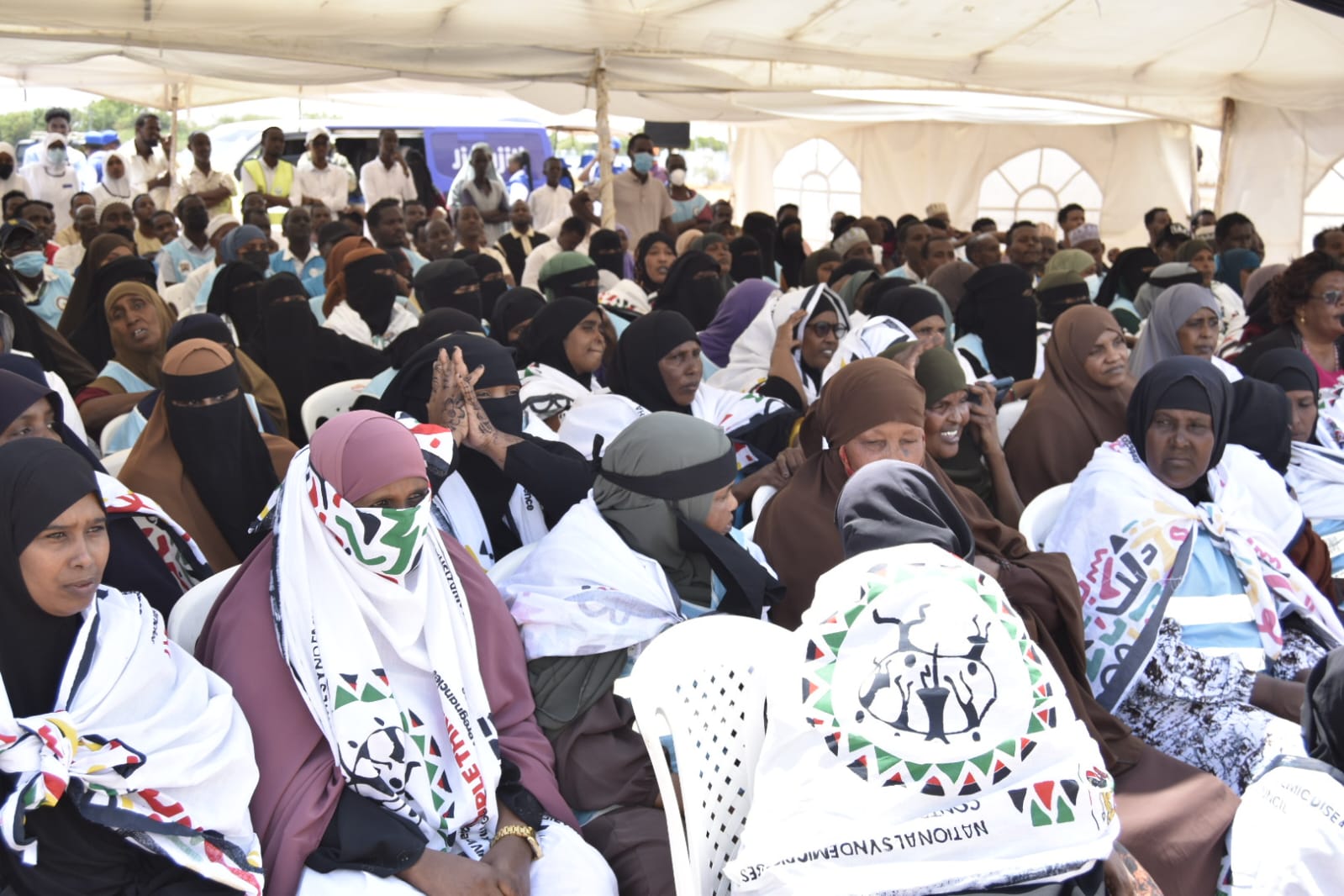

Some religious leaders in Garissa have been cited as the weakest link in the government’s efforts to boost enrollment in the Social Health Authority programme.
On Wednesday, Garissa County commissioner Mohamed Mwabudzo criticised a section of the clergy, accusing them of spreading misinformation about the Social Health Insurance Fund and discouraging residents from registering.
Despite a nationwide rollout of the programme, uptake in Garissa remains alarmingly low. According to data from the county SHA office, only 167,900 residents—just 18.5 per cent of the county’s population—have enrolled in the scheme.
Mwabudzo said the government had made significant strides in setting up the infrastructure for universal health coverage, only for some religious leaders to undermine the initiative with unfounded claims.
“This is a government health insurance programme, where you contribute a small amount so that you can access free treatment in hospitals. I don’t understand where the issue of interest comes in,” Mwabudzo said.
“There are sheikhs opposing the fund. I am a Muslim, and I see no form of interest [riba] in SHA. Let’s stop invoking religion where it doesn’t apply and allow people to benefit from health services through this cover.”
He expressed frustration that some residents were still forced to rely on community fundraisers to cover hospital bills, despite the existence of a functioning government insurance programme designed to cover all Kenyans.
Mwabudzo urged residents to ignore misleading religious rhetoric and register for the scheme, insisting that access to affordable healthcare should not be politicised or misrepresented.
Other factors contributing to the low enrollment include the nomadic lifestyle of many residents, limited access to information, lack of identification documents, and poor network coverage in remote areas.
SHA county manager Ahmed Mohamed, speaking separately, attributed the slow registration to insufficient sensitisation. He called for a coordinated efforts between the county government, which oversees community health promoters, and the National Government Administrative Officers to intensify awareness campaigns and drive enrollment.
Health Cabinet Secretary Aden Duale during a recent visit to Wajir expressed similar concerns.
“As a region, we are not doing very well,” he said. “We need all stakeholders—national government administrators, community health promoters, religious leaders, civil society, and elders—to join hands, raise awareness, and support the registration drive.”












